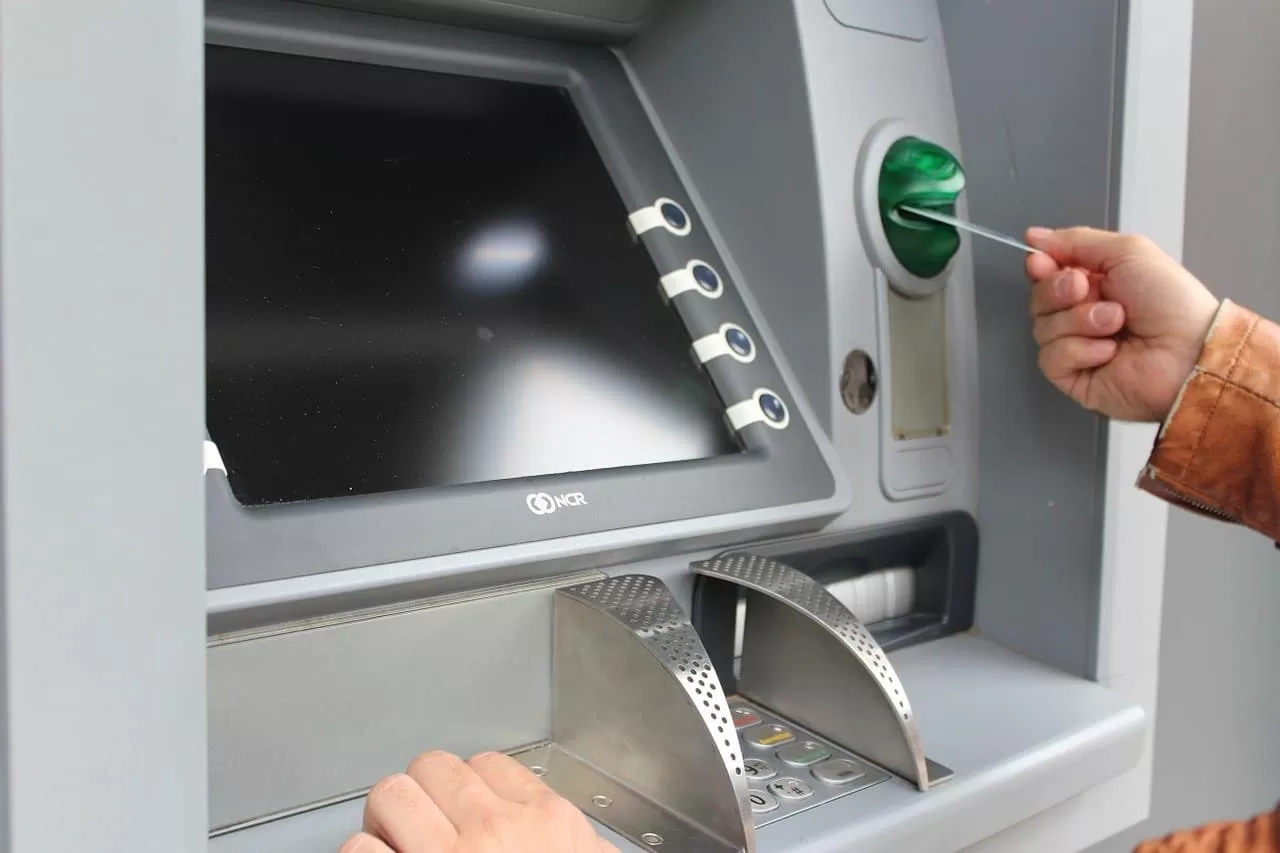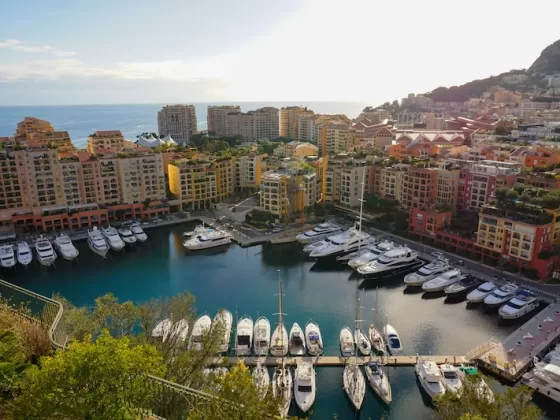Ecuador – Riding the Rising Tide of Lower Inflation
Ecuador registered its lowest inflation numbers in eight years for 2013. The official figures reported are 2.7% annual inflation rate, as noted by the National Institute for Statistics & Census, here in Ecuador. The recorded inflation rate for the month of December 2013 is a mere 0.20%.
The inflation measures, as per the norm, are gathered from what is considered a “basket of consumer goods”. In the Ecuadorean basket, food and non-alcoholic beverages has the heaviest weighting at 35.26%. It should be noted that these consumer-oriented inflation figures are still somewhat weak in tracking some primary consumer demand items, such as housing, in a market like Ecuador where the accurate tracking of inflation data is still in the nascent stages.
For a moment, overlooking the preceding, it is important to note that the city of Guayaquil, commercial capitol of Ecuador, showed the highest inflation rate, followed by the coastal city of Manta. In a somewhat surprising statistical find, Quito and Cuenca both showed strongly improved numbers, with a trend towards lower inflation rates than the national average
As is often said, the “Devil is in the details”. While doing a comparative analysis of Ecuadorean inflation data, much of which is historically derived using similar means, it is a heartening and very positive consumer trend in Ecuador, to see the lowest inflation rates in eight years. There is no way to color the trending pattern in any way but positive.
However, much like inflation data in other countries, the USA as one example, one can’t help but question the raw data and, thus, ultimate validity, of the Ecuadorean inflation numbers. The weak capture of housing appreciation, as one example, immediately calls into question the overall validity of the reported figures. While true that in many of the more isolated and remote parts of Ecuador, real estate is seeing no inflationary pressures, in many of the major cities and coastal towns, price appreciation in the real estate market cannot be denied. It is difficult to assess exactly how accurately such data is being captured in the overall positive inflation figures reported from Ecuador.
For further information, check out this podcast from The Expat Money Show with Mikkel Thorup – 110: How To Move To Ecuador Complete Master Class – Marcos Chiluisa
Again, the preceding has become the standard ‘du jour’ for just about any nation reporting inflation figures. That is why I routinely argue that studying inflation data is more trend analysis than detailed fact. All nations wish to present their inflation figures in the most flattering light and tend to overlook or hedge against some of the more prominent inflationary factors. As contrast, one would be more likely to believe in Tinkerbell than to believe the inflation numbers coming out of Washington, D.C. for decades. A trip to the grocery store is sobering in the USA. Ecuador appears to offer little variance from the “put on your best face” global trend, when nation-states report inflation data.
In summation, I would suggest that any expat or would be expat place these Ecuadorean inflation numbers in stark perspective. There is much positive in them, as they show that in many core market segments, such as foodstuffs, inflation is being held at very modest levels. When one looks at Ecuador inflation figures over a 20 year trending pattern, the success of the President Correa Administration efforts at stemming inflation become crystal clear. Follow the trend and Ecuador’s inflation rate success, becomes evident.
However, astute Ecuadorean investors, expats and would be expats might want to analyze the official figures a bit more closely. They should attempt to better understand the price pressures building up in select real estate rental markets, as well as real estate sales markets. They should examine the rising costs of luxury vehicles. As healthcare improves dramatically under the Correa Administration’s ambitious medical modernization program, some inflationary pressures are creeping into the private healthcare sector. The point is that the impressive 2.7% rate figure for Ecuador inflation in 2013 is an exceptionally accurate trending barometer, but should not be taken as “Gospel” when ascertaining precise accuracy.
Overall, however, Correa’s Ecuador has managed to walk that thin line between high growth and low inflation, precisely at a time when much of the world is seeing abysmal growth prospects and rising inflation. No matter how you analyze both the trends and the specific data, measured on a global comparative basis, Ecuador is sitting pretty on the inflation front. Just one more reason why the country is such an attractive option for those choosing to live, work or invest in Ecuador.










